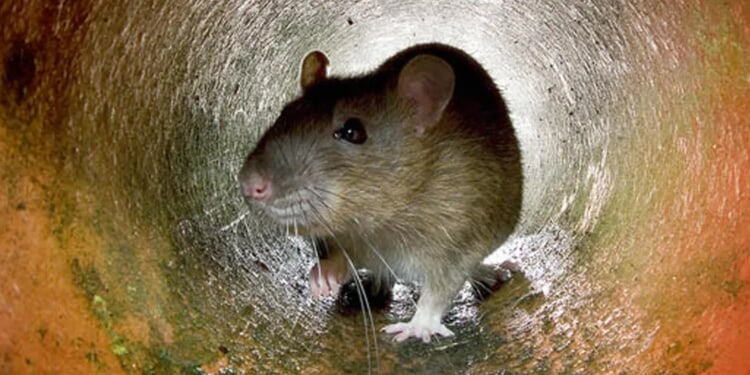Brown rats are seen on video for the first time ever hunting bats systematically, doing so by stalking the flying mammals before catching them out of midair. Though the footage is historical and intriguing, the situation could cause problems, according to scientists.
Rats are an invasive species that have, as most people are already aware, caused chaos all across the planet. In many cities, rats are overpopulated, and it will only worsen if things aren’t taken care of. Not only is it an overpopulation issue, but the rats are becoming larger and are now creating damage in unusual places. (RELATED: Crocodile, Not Alligator, Kills Dog In Florida)
Brown rats, or Norway rats, are now becoming threats to unusual animals as well, such as bats, according to a study recently published in the Global Ecology and Conservation journal. The scientists conducted research in the German towns of Luneberg Kalkberg and Segeberg and primarily observed two bat species.
WATCH:
Talk about an in-flight meal.
For the first time, researchers have captured rats hunting bats by grabbing them from the sky. Learn more: https://t.co/diTO1zqjUf @NewsfromScience pic.twitter.com/UsayvLBXYZ
— Science Magazine (@ScienceMagazine) October 27, 2025
“This study is the first to document systematic predation by Rattus norvegicus on bats at urban hibernacula hosting several thousand individuals in Europe,” wrote the researchers.
“Using infrared video surveillance and thermal imaging at two major sites in Northern Germany (Segeberg and Lüneburg Kalkberg) used predominantly by Myotis species, we observed aerial interception and ground-based hunting strategies targeting swarming bats.”
Based on the amount of bats killed by rats during their study that went on for years, a colony of only around 15 rats could potentially kill nearly 7% of the roughly 30,000 bats residing in Segeberg over the winter, according to the scientists
Rats killing bats could potentially become a problem for humans due to bats playing “critical ecological roles and deliver[ing] substantial ecosystem services worldwide, including insect suppression, seed dispersal and pollination,” per the study.

















